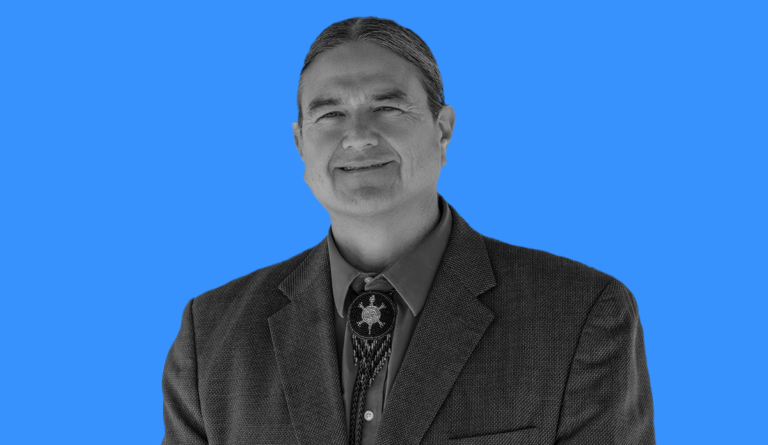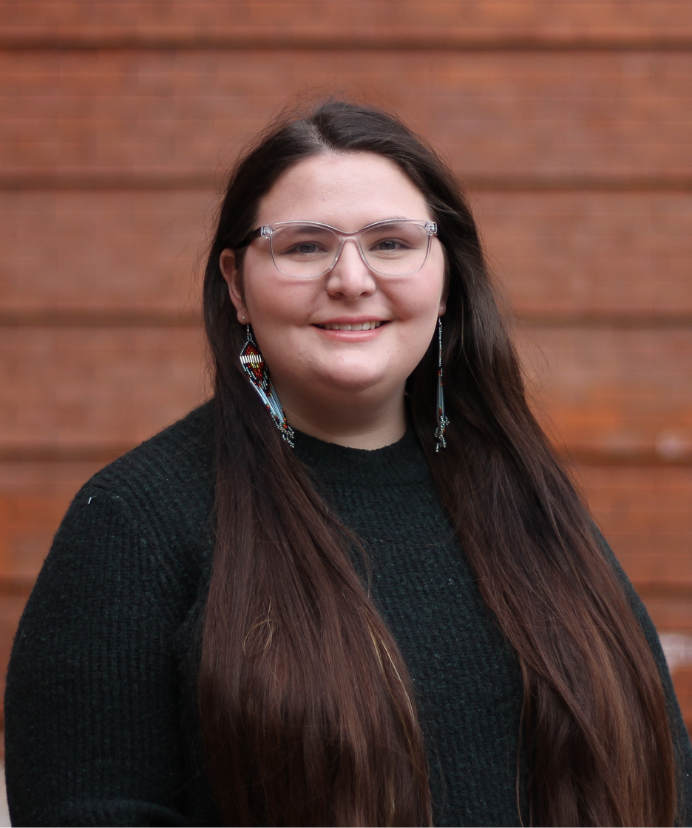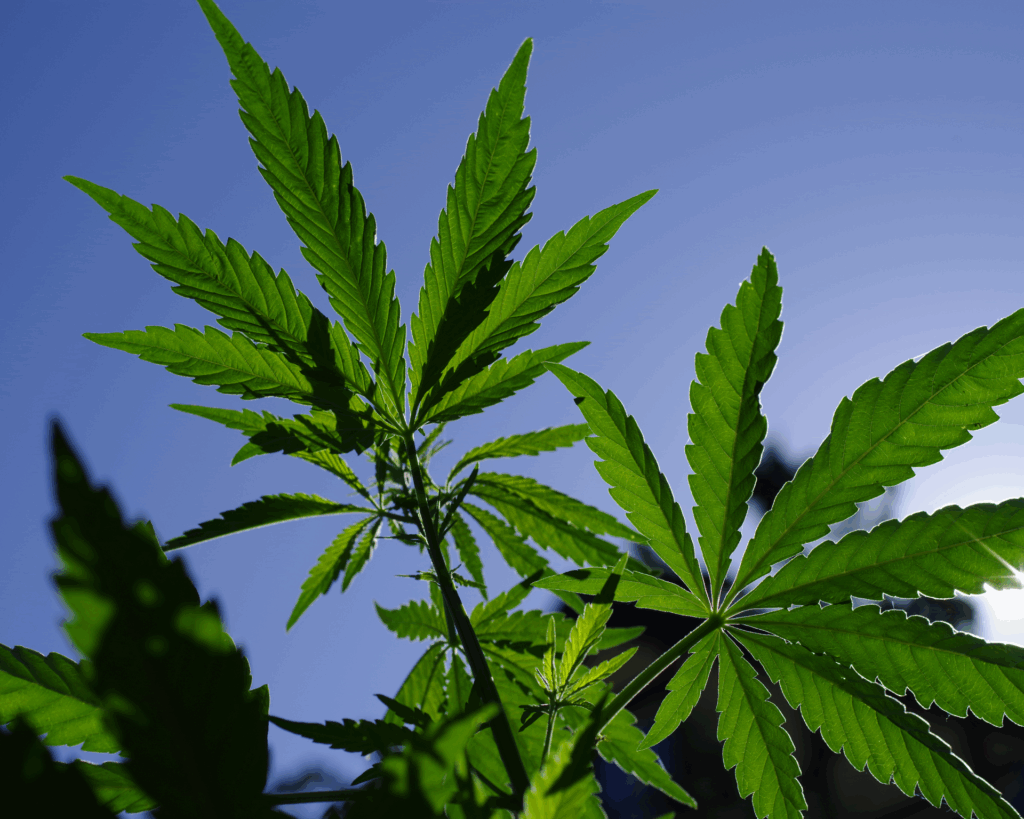Donald Warne
Donald Warne, co-director of the Johns Hopkins Center for Indigenous Health, discusses pressing health concerns facing Indigenous populations and his journey to open the first Indigenous-focused school of medicine.

Read Time: 6 minutes
Published:
Donald Warne is the co-director of the Johns Hopkins Center for Indigenous Health and serves as the new Provost Fellow for Indigenous Health Policy at Johns Hopkins University. He is a member of the Oglala Lakota tribe from the Pine Ridge Indian Reservation in South Dakota, and is a physician and scholar in Indigenous health, health education, and policy. He is also an educational leader, creating the first Indigenous health-focused Master of Public Health and PhD programs in the U.S. or Canada at North Dakota State University and the University of North Dakota, respectively.
Public Health Post: Can you share more about your work as co-director of the Johns Hopkins Center for Indigenous Health?
Donald Warne: I started as co-director in September 2022, and I lead our policy and advocacy efforts, as well as our training and workforce development programs. The Center has been working with Indigenous tribes all over the country for more than 30 years. It used to be called the Center for American Indian Health, and over the last year, we’ve expanded the focus to include international Indigenous populations and changed the name to the Center for Indigenous Health.
Since I’ve started with the team, we’ve had great success and exciting outcomes. For instance, we just received a significant grant from the Lego Foundation, which focuses on childhood wellness and well-being. We have also just expanded our Family Spirit program to Indigenous populations in Canada, Australia, and New Zealand a few months ago. That program has been in place for several decades now, and is focused on maternal and child health through home visits with high-risk pregnancies and developing culturally relevant training for parenting skills.
We also received a grant from the National Institute on Drug Abuse (NIDA), and we’re focusing on improving research related to addiction and recovery among tribal communities. In addition, we’re developing what will be the first Doctor of Public Health program with an Indigenous health focus.
What is your background up to this point and what motivates you to continue to advocate for Indigenous health?
I’m originally from Kyle, South Dakota, on the Pine Ridge Indian Reservation. I come from a family with many traditional healers and medicine men, and I grew up exposed to traditional medicine and cultural ways of healing. My mom was an Indian Health Service nurse for over 60 years, so I was exposed to modern medicine through her experiences.
I recognized early in my training that the existing systems are not well-built to address challenges within Indigenous communities. Throughout my career, I’ve been able to integrate traditional medicine and modern medicine to support my patients. We need entirely new ways of training the next generation of healers and researchers.
What are some differences in how public health issues, like diabetes, are approached from an Indigenous perspective versus a western, medicalized perspective.
I can give you a very concrete example using diabetes. I was a staff clinician at the Phoenix Epidemiology and Clinical Research branch for several years in the late 1990s and early 2000s. During that time, one of our Type 2 diabetes researchers went on national television and said that a particular tribal population in Arizona was exposed to the exact same diet as the rest of the United States, but had higher rates of diabetes; therefore, according to this expert, diabetes must be genetic.
I went into his office the next day and I asked him, “What about the commodity food program?” He blankly replied, “What’s that?” If you’re unfamiliar, it’s the USDA food distribution program for impoverished communities, including Indian reservations. It consists of predominantly unhealthy foods like sugar, flour, and vegetable shortening, which eventually lead to things like fry bread, sugary juices, and other unhealthy foods, which are unique to Indian country.
The degree of ignorance at the highest levels of research in this country is remarkable because they don’t often have the lived experience. It’s not his fault, but what he did was spread misinformation. Not out of malice, but out of ignorance. We need diversity of thought and leadership in these public health arenas because we have different experiences.
I read in Indian Country Today that you have plans to start the first Indigenous-focused school of medicine and health services. Could you talk more about that?
The current curriculum within medical education takes a one-size-fits-all approach. If we look at the data, we have enough evidence that our medical education system is not working for American Indians. I often ask my colleagues “What if medical education and medical school was a healing experience as opposed to a traumatizing one?”
Medical school can be a very traumatizing experience for all students. These experiences are then compounded when students come from disadvantaged backgrounds, with experiences related to racism and discrimination, historical trauma, or adverse childhood experiences. These students work so hard to get to medical school, and all we do is traumatize them further. Instead of developing a well-balanced and healed provider, we tend to produce traumatized, bitter, angry ones, and in my opinion, the way we train physicians in this country is really ignorant.
We plan to develop an Indigenous school of medicine that incorporates culture and traditional healing practices while still meeting all the accreditation requirements to be a medical school.
What are the most pressing public health issues for Indigenous peoples today?
If we look at the root causes of many health disparities, it’s related to trauma. We have so much unresolved trauma, whether in the form of adverse childhood experiences, historical trauma, or boarding school survivorship. Many chronic diseases like diabetes, and heart disease are affected by unresolved trauma, as well as mental health challenges, including depression, anxiety, and suicidality. So, when we promote healing from trauma, what we’re really doing is working to prevent chronic disease.
This approach is unique to us as Indigenous people of the U.S. It’s not about individual diseases; it’s about promoting wellness in an intergenerational pattern. We need our own experts who understand this history, how different policies and programs have added to the problem, and how to approach health through an Indigenous lens that’s culturally relevant and linguistically appropriate. Expecting the current public health system to do that for us is futile because they don’t understand the problems the way we do.
Donald Warne spoke more about his work and the causes of disproportionately poor health among Indigenous populations in the U.S. at a recent conversation hosted by Boston University School of Public Health. Revisit the conversation here.
This interview has been edited for length and clarity. Photo provided.



